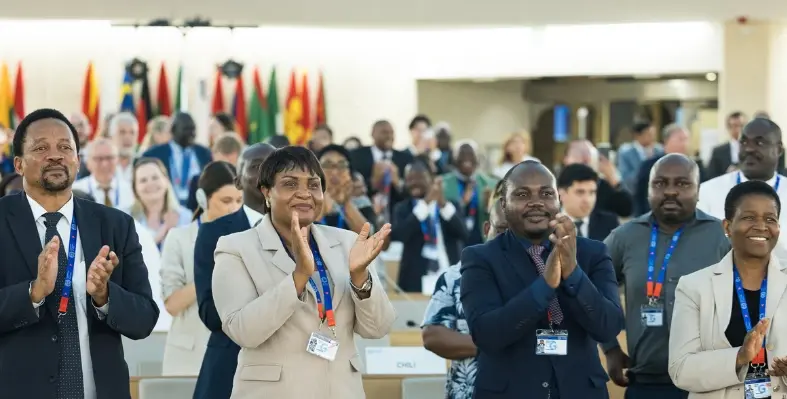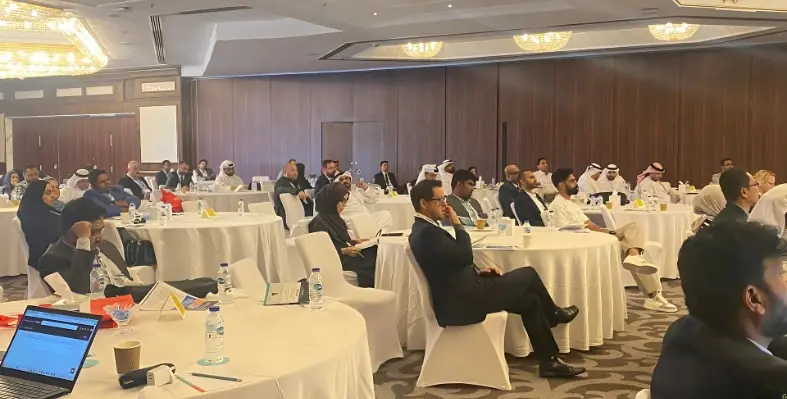The 113th International Labour Conference (ILC) concluded on 13 June with a groundbreaking achievement: the adoption of the world’s first international labour standards to protect workers from biological hazards in the workplace. Convention No. 192 (C192) marks a significant milestone in global efforts to bolster occupational health and safety across all sectors.
The new Convention mandates that ILO Member States develop national policies to prevent exposure to biological hazards, implement protective measures, and establish preparedness and response strategies for emergencies, such as outbreaks or pandemics.
Employers are required to collaborate with workers to enact preventive measures, ensuring workers are informed and trained about associated risks.
An accompanying Recommendation provides detailed guidance, including risk assessments, early warning systems, and training protocols.
It clarifies the definition of biological hazards, outlining transmission routes such as airborne, contact, or vector-borne pathways.
Together, these instruments form a robust, adaptable framework to safeguard workplaces now and in the future.
While Conventions are legally binding upon ratification, Recommendations serve as non-binding guidelines.
The plenary session reviewed ILO Director-General Gilbert F. Houngbo’s report, Jobs, Rights and Growth: Reinforcing the Connection.
Speaking at the closing ceremony, Houngbo emphasised the consensus among delegates that social dialogue and democratic institutions are vital for fostering social cohesion and supporting sustainable, human-centred societies.
He also highlighted the registration of 18 ratification instruments from eight Member States during the session.
“Our mandate matters more than ever,” Houngbo said. “We are duty-bound to keep moving steadfastly forward on the quest for social justice, together.”
The Conference initiated its first standard-setting discussion on decent work in the platform economy, a crucial step towards improving conditions for digital platform workers.
Delegates agreed on key elements, including the creation of a Convention supported by a Recommendation, and established basic definitions and scope.
Proposed standards address fundamental rights, fair remuneration, social security, occupational safety, data privacy, and dispute resolution.
Discussions will continue at the 114th ILC in 2026, aiming for adoption of both instruments.
Reducing informality and maritime labour
The ILC adopted a Resolution to reduce informality and support the transition to formal employment.
The Resolution urges action to enhance working conditions, extend social protection, and create decent jobs, particularly for those most impacted by informality.
It also calls for a global roadmap and national strategies supported by the ILO.
In maritime labour, the Conference approved seven amendments to the 2006 Maritime Labour Convention (MLC) Code.
These address violence and harassment on ships, reinforce seafarers’ rights to shore leave and repatriation, and recognise seafarers as key workers.
The amendments also improve access to medical care and ensure fair treatment during detention or maritime incidents.






















